4 styles
Tester
Weights
Glyphs
Languages
Abenaki, Afaan Oromo, Afar, Afrikaans, Albanian, Alsatian, Amis, Anuta, Aragonese, Aranese, Aromanian, Arrernte, Arvanitic, Asturian, Atayal, Aymara, Bashkir, Basque, Belarusian, Bemba, Bikol, Bislama, Bosnian, Breton, Cape Verdean, Catalan, Cebuano, Chamorro, Chavacano, Chichewa, Chickasaw, Cimbrian, Cofan, Corsican, Creek, Crimean Tatar, Croatian, Czech, Danish, Dawan, Delaware, Dholuo, Drehu, Dutch, English, Esperanto, Estonian, Faroese, Fijian, Filipino, Finnish, Folkspraak, French, Frisian, Friulian, Galician, Ganda, Genoese, German, Gikuyu, Gooniyandi, Greenlandic, Guadeloupean, Gwichin, Haitian Creole, Han, Hawaiian, Hiligaynon, Hopi, Hotcak, Hungarian, Icelandic, Ido, Ilocano, Indonesian, Interglossa, Interlingua, Irish, Istroromanian, Italian, Jamaican, Javanese, Jerriais, Kala Lagaw Ya, Kapampangan, Kaqchikel, Karakalpak, Karelian, Kashubian, Kikongo, Kinyarwanda, Kiribati, Kirundi, Klingon, Kurdish, Ladin, Latin, Latino Sine, Latvian, Lithuanian, Lojban, Lombard, Low Saxon, Luxembourgish, Maasai, Makhuwa, Malay, Maltese, Manx, Maori, Marquesan, Meglenoromanian, Meriam Mir, Mirandese, Mohawk, Moldovan, Montagnais, Montenegrin, Murrinhpatha, Nagamese Creole, Ndebele, Neapolitan, Ngiyambaa, Niuean, Noongar, Norwegian, Novial, Occidental, Occitan, Oshiwambo, Ossetian, Palauan, Papiamento, Piedmontese, Polish, Portuguese, Potawatomi, Qeqchi, Quechua, Rarotongan, Romanian, Romansh, Rotokas, Sami Inari, Sami Lule, Sami Northern, Sami Southern, Samoan, Sango, Saramaccan, Sardinian, Scottish Gaelic, Serbian, Seri, Seychellois, Shawnee, Shona, Sicilian, Silesian, Slovak, Slovenian, Slovio, Somali, Sorbian Lower, Sorbian Upper, Sotho Northern, Sotho Southern, Spanish, Sranan, Sundanese, Swahili, Swazi, Swedish, Tagalog, Tahitian, Tetum, Tok Pisin, Tokelauan, Tongan, Tshiluba, Tsonga, Tswana, Tumbuka, Turkish, Turkmen, Tuvaluan, Tzotzil, Ukrainian, Uzbek, Venetian, Vepsian, Volapuk, Voro, Wallisian, Walloon, Waraywaray, Warlpiri, Wayuu, Welsh, Wikmungkan, Wiradjuri, Wolof, Xavante, Xhosa, Yapese, Yindjibarndi, Zapotec, Zulu, Zuni
About Foundry Wilson
Foundry Wilson is an elegant but lively serif font that displays a beautiful colour and texture on the printed page. With its legible proportions, poise and transitional serif design, Foundry Wilson is perfect for book work and is equally adaptable for screen use.
Foundry Wilson is an expertly crafted revival of a face originally cast in 1760 by renowned Scottish type founder Alexander Wilson. A distinctive, robust design, with a taste of the incised letterforms of its time, Foundry Wilson provides a fresh alternative to its contemporary Baskerville types. Alexander Wilson was a learned and cultured man and professor of astronomy, who crafted his types with much care and enthusiasm. Many of his fonts were produced and used exclusively in the classics from the Foulis brothers of the Glasgow University Press; a working relationship producing typography which earned the praise of their peers, notably Fournier le jeune.
The Wilson types were noted for their excellent fit and even colour in the smaller sizes. The vigorousness of Wilson’s type was unprecedented in mid 18th century type design. Interestingly it was found that the first bold face types can be linked back to the Wilson foundry.
The Foundry designers have lovingly interpreted the Wilson type for today’s discerning designers, which offers a full bloodied flavour. The original roman and italic have been faithfully redrawn and weights added to complete the family. The character set includes small capitals, ligatures and old style figures; enhanced by a set of printer’s flowers from the same source.
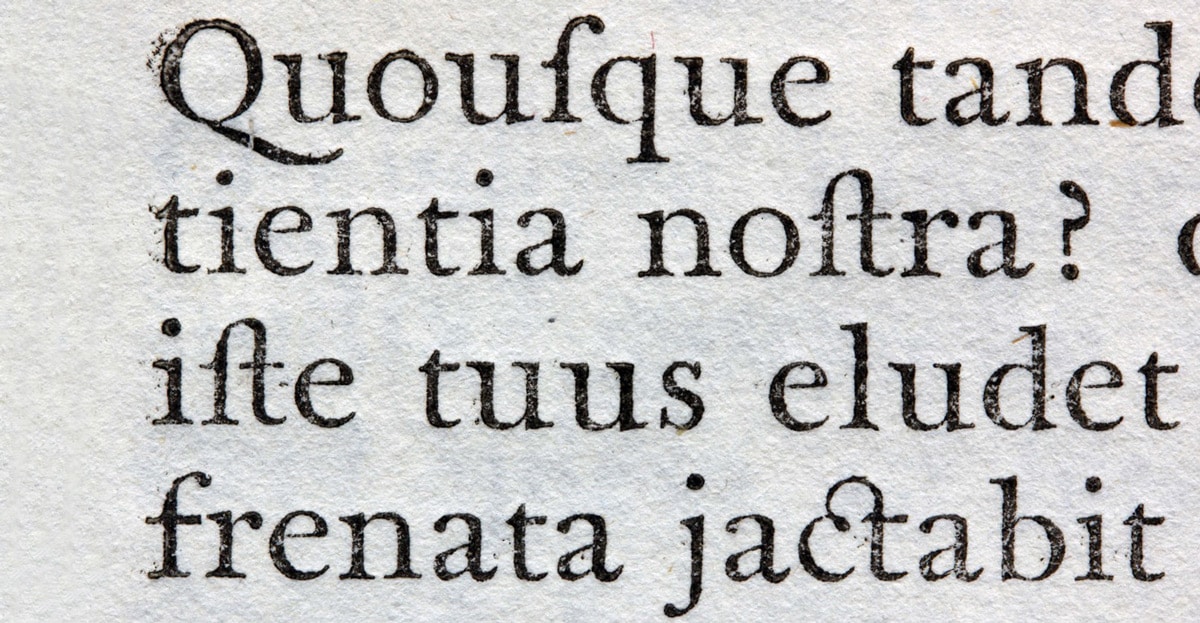
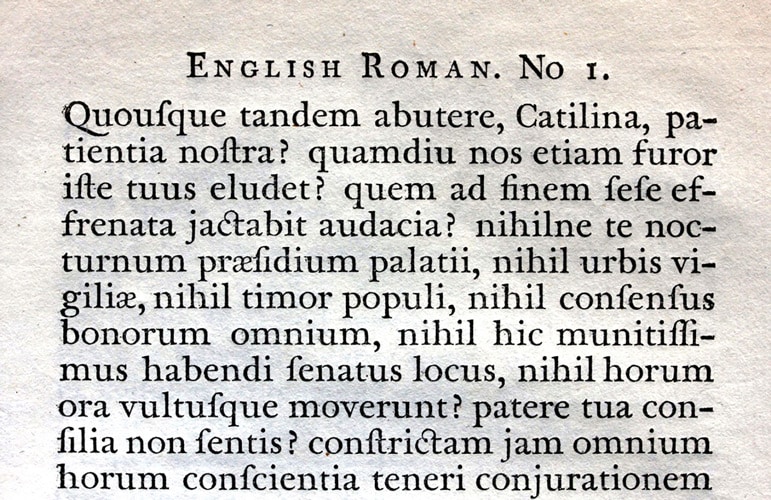
Wilson Original Specimen 1786, Glasgow University Press.
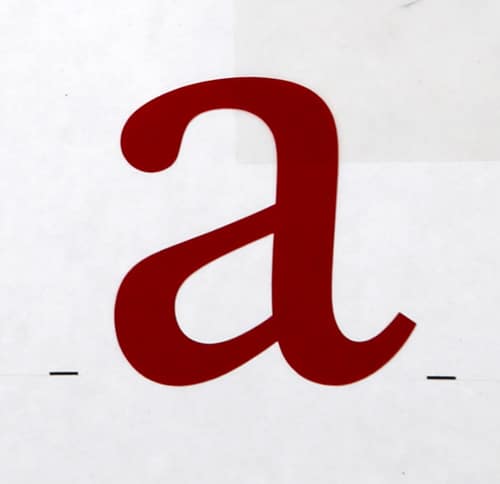
Freda’s original rubylith master cutting.
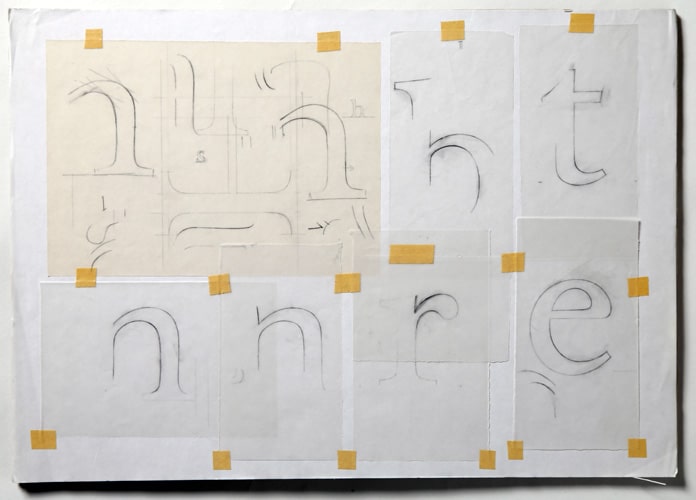
Freda’s Foundry Wilson pencil development sketches.
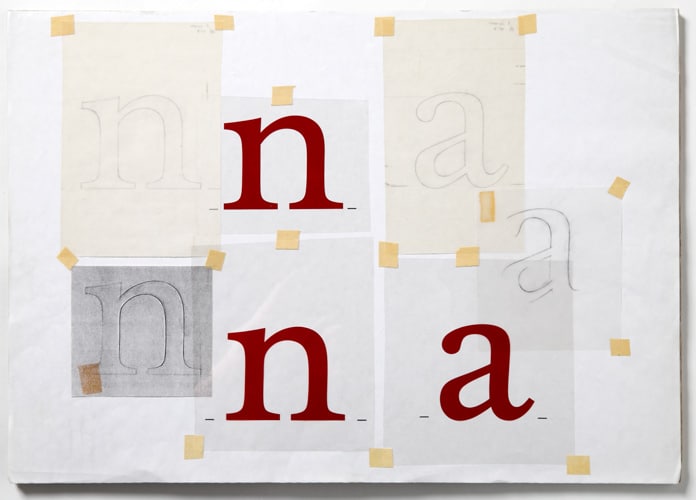
Freda’s Foundry Wilson rubylith and pencil sketches.
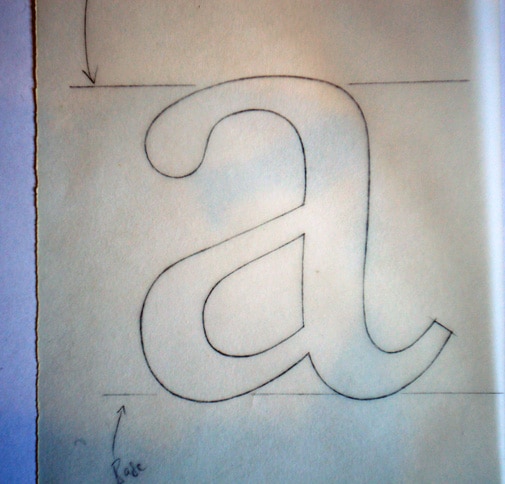
Freda’s Wilson a pencil sketch.
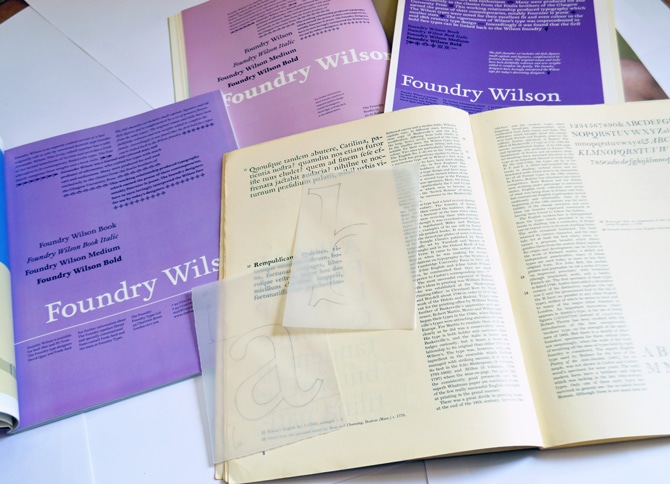
A collection from the Foundry Wilson archives.
In use
The Ivington Diaries – Monty Don, © Bloomsbury Publishing.
Designed by Pete Dawson at Grade Design.
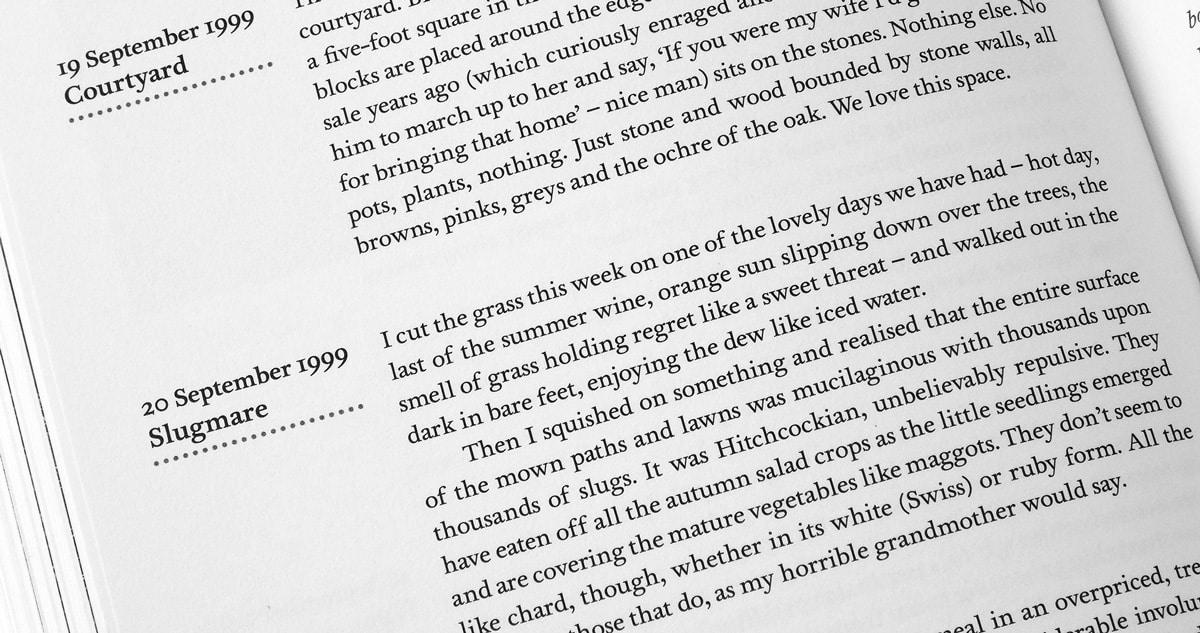
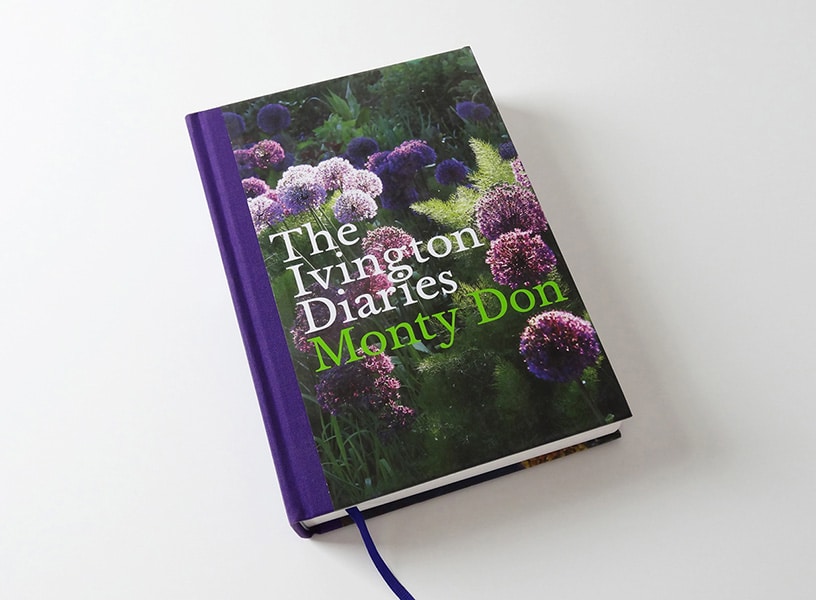
The Ivington Diaries – Monty Don, © Bloomsbury Publishing – designed by Pete Dawson at Grade Design.
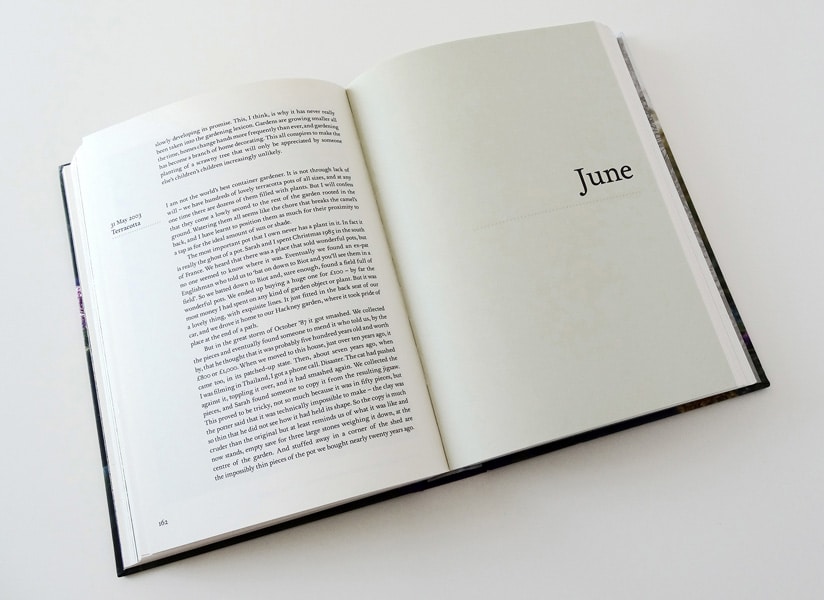
The Ivington Diaries – Monty Don, © Bloomsbury Publishing. Design by Grade Design using Foundry Wilson.
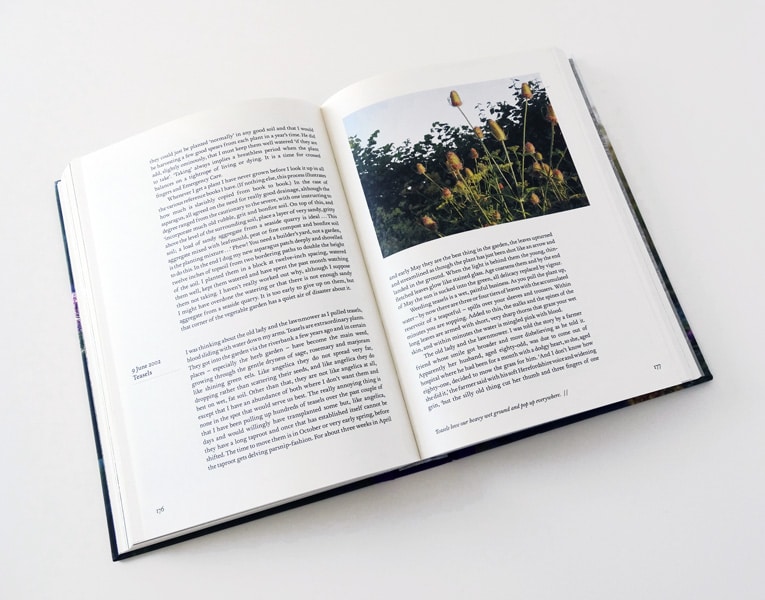
The Ivington Diaries – Monty Don, © Bloomsbury Publishing. Design by Grade Design using Foundry Wilson.
The New Sylva – A Discourse of Forest and Orchard Trees for the Twenty-First Century, © Bloomsbury Publishing.
Designed by Pete Dawson at Grade Design.
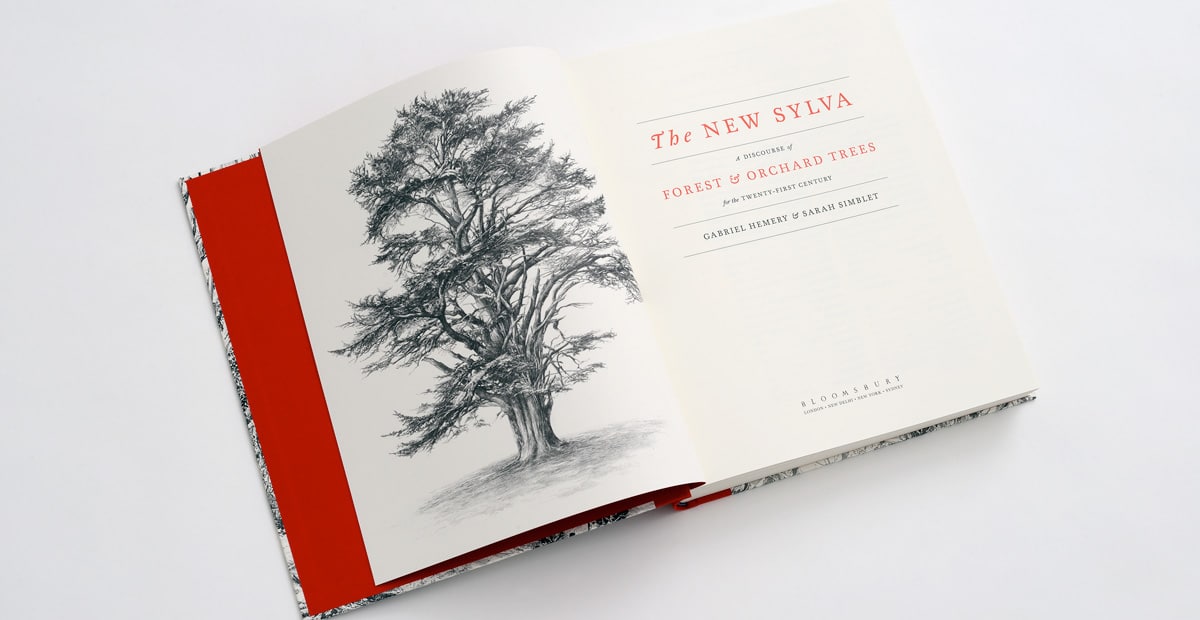
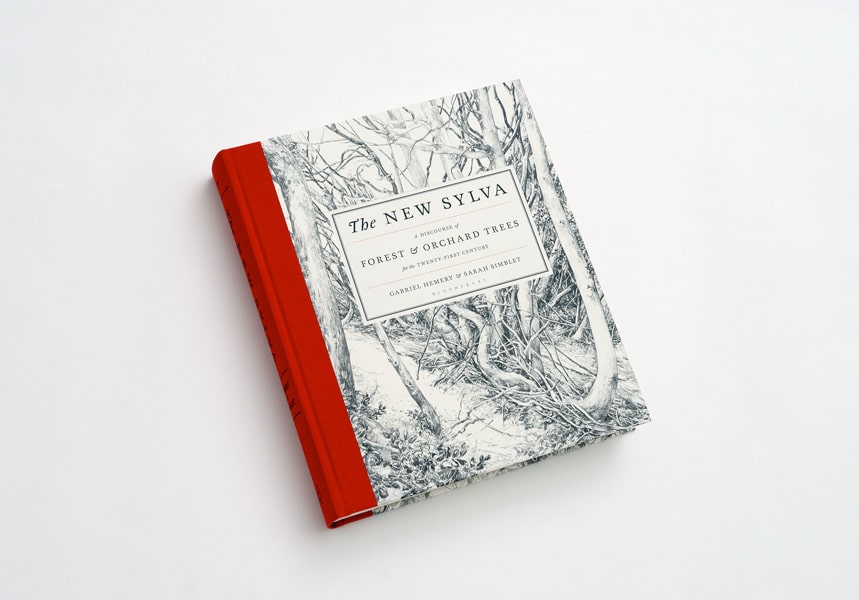
The New Sylva – A Discourse of Forest and Orchard Trees for the Twenty-First Century, © Bloomsbury Publishing. Design by Grade Design using Foundry Wilson.
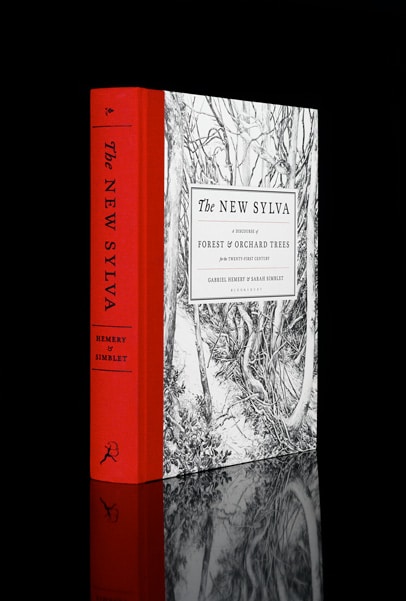
The New Sylva – A Discourse of Forest and Orchard Trees for the Twenty-First Century, © Bloomsbury Publishing. Design by Grade Design using Foundry Wilson.
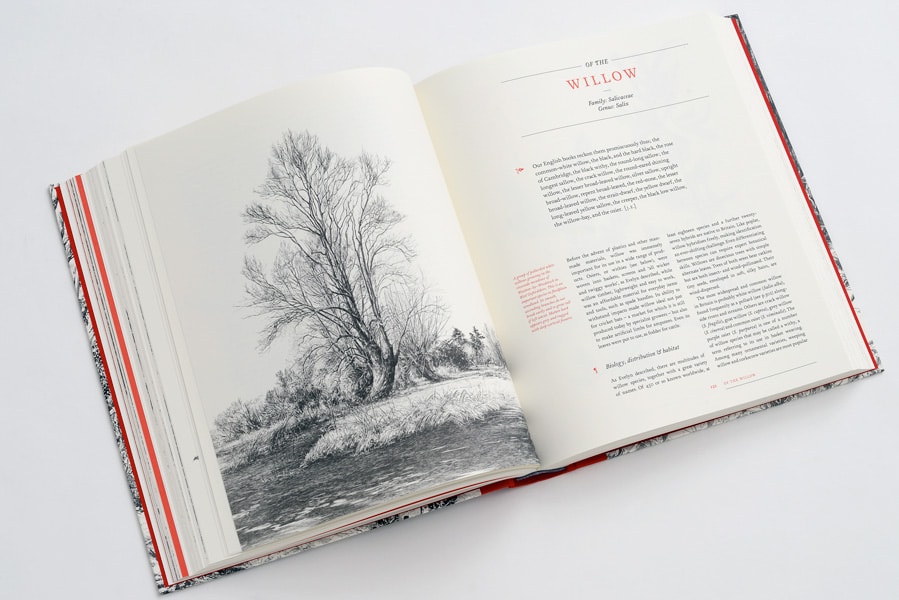
The New Sylva – A Discourse of Forest and Orchard Trees for the Twenty-First Century, © Bloomsbury Publishing. Design by Grade Design using Foundry Wilson.
Licence Foundry Wilson through Monotype
The original Foundry font collection is currently available exclusively from Monotype, you can purchase a licence to use these typefaces at Fonts.com, FontShop, Linotype, and MyFonts, via the following links.